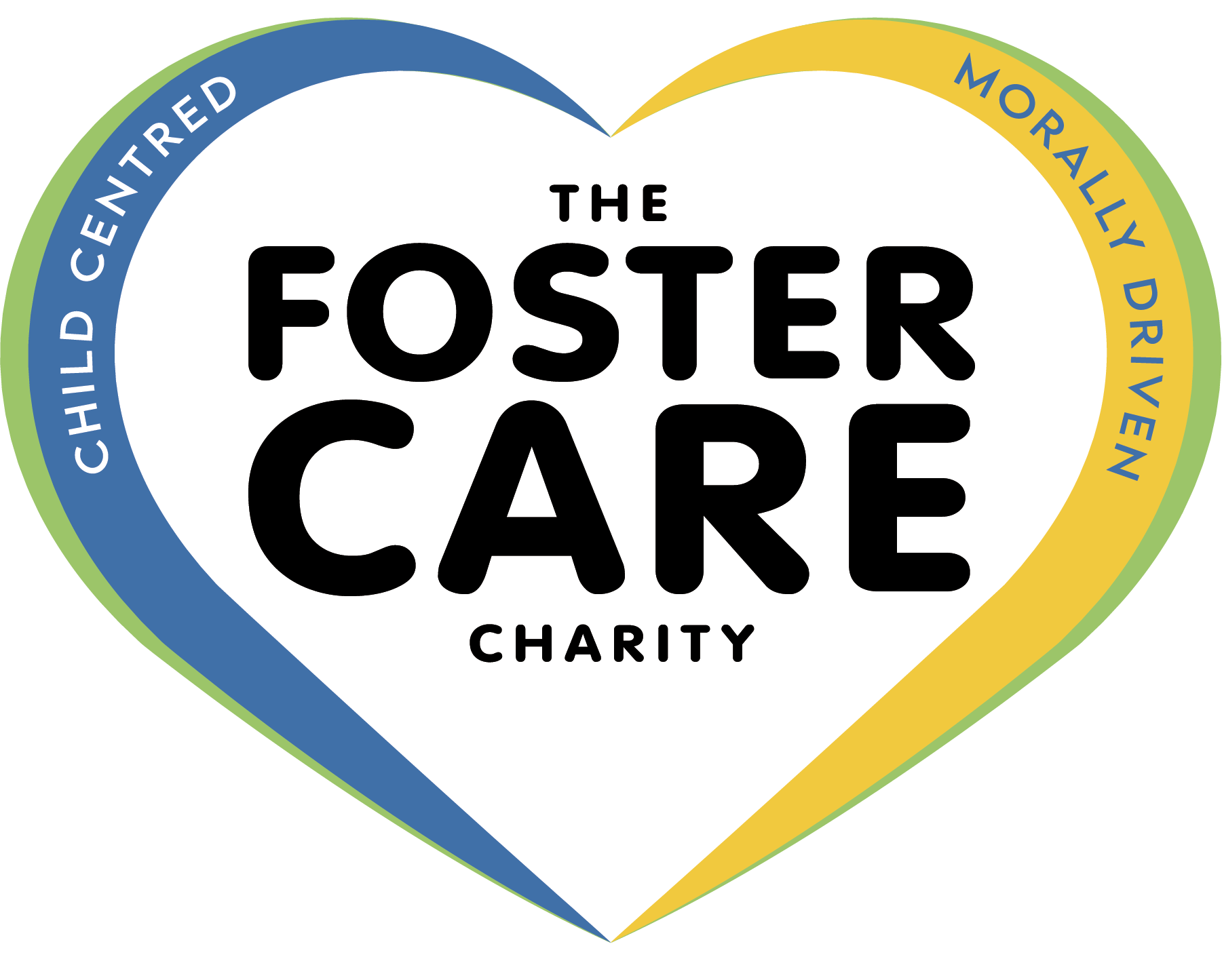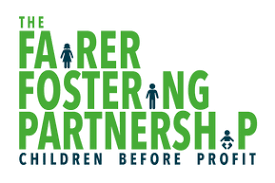
Never as foster carers, did you probably imagine that ‘school teacher’ would be added to your long list of ‘job roles’ that often come as part of being a carer. Despite the challenges faced, there have been some incredible success stories from some of our young people who have risen to the challenge and coped exceptionally well during the Covid-19 pandemic.
September has now arrived and, perhaps for some of you, it might feel like another challenge is brewing. As we know, the beginning of a new school year is normally an anxiety provoking time for our children and young people. Many have concerns and worries about new teachers, new buildings and new friendships, not forgetting the usual challenges that some experience as result of being ‘misunderstood’ in the school system, making school a difficult place to be at times. We usually put a lot of time and thought into planning transitions and endings which just weren’t possible at the end of the last academic year. In addition to these, we also know that due to Covid-19 safety measures, school life won’t quite look the same as it did from September onwards.

There are lots of resources and guidance online to help with the transition back into school. Here are some quick tips for preparing for the return to school:
- Talk to your child about happy things that happened in school
- Share pictures and snap shots of things you do during lockdown
- Respond to the things that the school send home or share on social media with your child
- Walk past the school building, if it is close, on some of your walks
- Talk to the school about any additional transition arrangements they may be able to offer
- Check if there are any virtual tours and video opportunities with the school
- Ask for photographs and information about your child’s key person/class teacher. Write a letter to your child’s key person about what they have been doing, how they are feeling and what they would like from school to begin building a positive relationship
- Re-establish routines around meal times, bed time etc. if necessary
- Talk to the school about your child’s development during lockdown. A review meeting or conversation should take place as soon as possible and foster carers should be fully involved in this process
- Share stories and games that you have played during lockdown to support continuity during transition
- Talk to the staff about your child settling in again, if their interests have changed and how they are feeling
- Follow your child’s lead during the transition and respond to their emotions as they happen
- Ask about additional support that they can put in place to bridge the gap in any missed learning
- Explore coping strategies (breathing, using senses, mindfulness) to use in school if they are finding things difficult
- Give the child time to talk. Children may want to come and “debrief” but maybe not when you expect. Create space for talking in different ways, such as going on a walk together or baking together
- A mood journal can help older children to let their feelings and worries out. Use it to write about how they’re feeling before going to school, and how it’s gone after
More advice about preparing for school, including a detailed ‘return to school’ resource is available on the Fostering Network website: https://www.thefosteringnetwork.org.uk/blogs/susan-soar/reflect-plan-and-prepare-supporting-children-and-young-people-schools-reopen
Good luck with the new academic year! I hope that once children are back in school, you are able to find some space in the day to have a much-deserved cup of tea (that’s not cold!) and rest…
Roxanne White
Education Advisor
The Foster Care Co-operative








